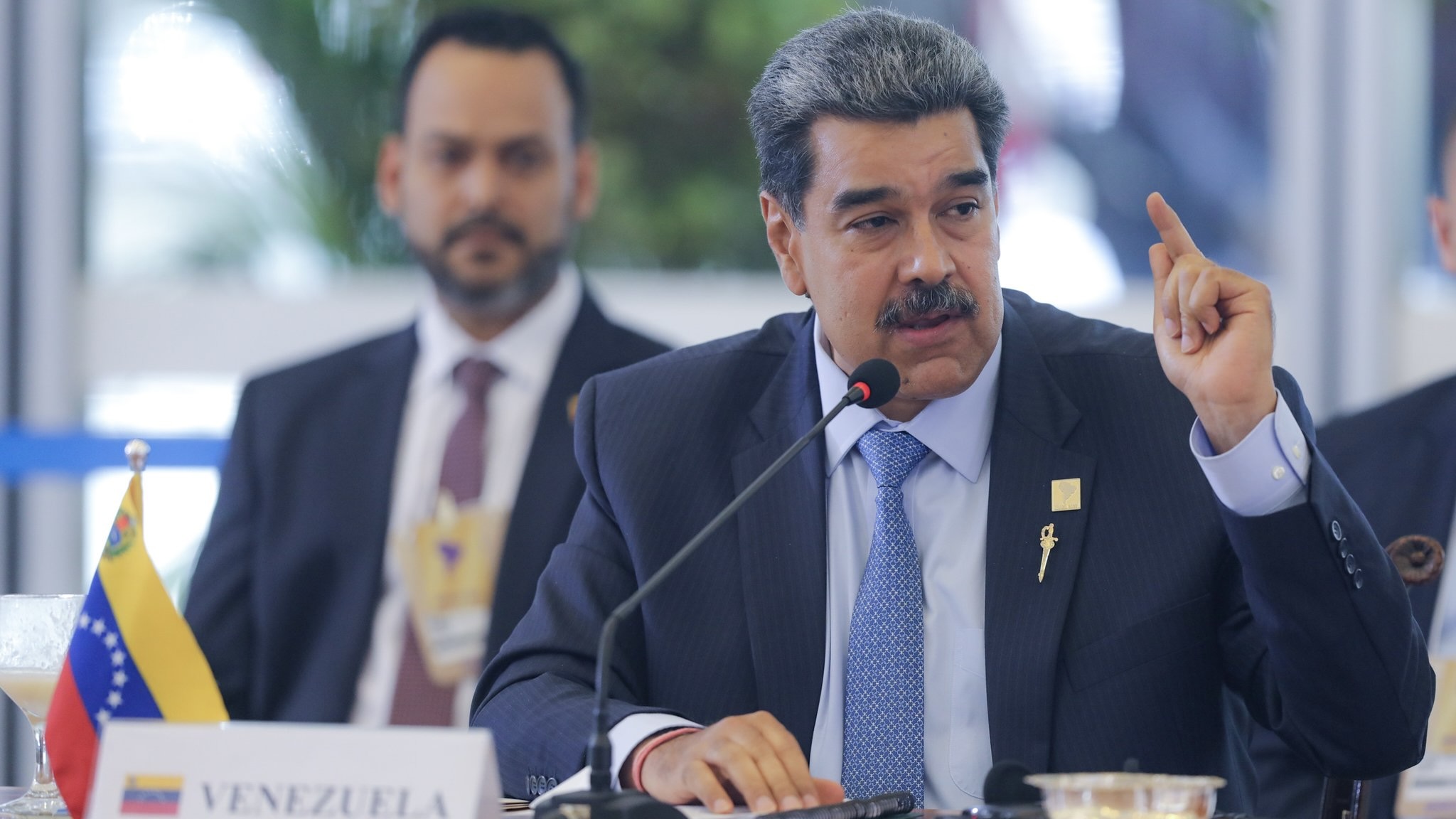In general terms, it can be said that the recent summit of South American presidents in Brasilia, convened by President Lula Da Silva, was a practical reflection of the political-electoral shift towards the progressive camp in the region. Although this change of geopolitical orbit has yet to guarantee its horizon of possibility in the medium term, it has already produced a first image in the Brazilian capital that signals a change in the times.
The meeting, on a symbolic level, also represents the official end to a cycle of fragmentation, bitter political dispute, and planned attempts to destroy the intergovernmental platforms that emerged, during the first years of the 21st century, as a power alternative to the monopoly of US “Pan-Americanism”.
The result of this process was a considerable setback in the institutional dynamics of regional integration at the hands of the liberal-conservative power bloc that took over a significant amount of the governments in the last decade. Now, on top of that rubble, the leaders face the challenge of building a comeback to reposition the region on the geopolitical chessboard. This comes at a moment when the power struggle between declining and emerging powers is becoming more acute, and the South American continent finds itself in a moment of major definitions of its geostrategic destiny.
The timing of the diplomatic meeting that took place at the Itamaraty Palace is grim: the last UNASUR summit was held in 2014, which is to say, almost ten years passed for the South American leaders to meet again in the same space. Ten years, that is to say, in which international geopolitics has undergone changes in its rhythms, balances of power and economic integration schemes, changes in which the region has not played a representative role. Until yesterday?
The outcome of the meeting could call for optimism with reservations. A road map was defined with specific times to strengthen integration mechanisms and UNASUR. UNASUR was founded in 2008 that enjoyed enormous prestige and influence during its first years. Now it returns to the stage as a platform to make the efforts for a unified region viable, with its own voice and allowing for the strengthening of its members through economic and financial complementarity, a pending matter that has been postponed for years.
Although the meeting has given the impression that South America has shaken off the image of irrelevance that weighed on it for years, the course of events continues to evolve along a trend of fragility, instability and disagreement of criteria. President Gustavo Petro, who announced Colombia’s return to UNASUR at the summit, today faces the foreshadowing of a coup scenario after the breakup of his government coalition. The prognosis as to whether he will come out of this battle on his feet is still reserved.
Argentina, one of the key poles of the institution due to its economic and symbolic weight, faces a presidential electoral process at the end of this year, where an unfavorable result for Peronism could delay the progress of integration. On the other hand, the institutional crisis in Peru seems far from being resolved, and it does not seem that President Gabriel Boric and President Luis Lacalle Pou are going to commit themselves to a renewed push for integration, beyond the strictly institutional, in view of their statements against Venezuelan President Nicolás Maduro during the meeting.
The Venezuelan president participated in the summit and, as expected, was the center of attention. The president’s presence reconfirmed that the questioning of his legitimacy as president is a thing of the past and that his reinsertion in the regional chessboard is a fait accompli. Due to the objective weight of Lula’s leadership and the economic and geopolitical weight of Brazil, this new milestone of normalization of Maduro’s presence in important international forums had a significant symbolic addition: he was received with honors in the same country that, until recently, during the government of Jair Bolsonaro, mobilized important political and diplomatic efforts to consolidate the isolation of the Venezuelan leader.
In this sense, the summit in Brasilia was a definitive milestone and the seal of a trajectory of decay of the narrative imposed on the alleged illegitimacy of his mandate won at the polls in 2018. If his participation in the CELAC summit in Mexico City in 2021 was the first chapter of the recovery of his international recognition, the trip to Egypt for the COP27 at the end of last year would be the intermediate one, with the meeting in Brasilia being the scenario of the denouement of that narrative driven mainly by Washington.
The revitalization of regional integration through UNASUR must necessarily include Venezuela, due to its symbolic and economic weight and its political stability, which contrasts with other countries in the region.
As the trend of instability seems to be the norm in the southern part of the continent, the Brazil-Caracas-Bogotá-La Paz axis, while waiting for the evolution of events in Colombia to be favorable to Petro and facing the uncertainty of Argentina, Ecuador, and Chile, seems to position itself as the core of mobilization of a renewed agenda to revive the decisive geopolitical role that South America is called to play.
William Serafino is a Venezuelan political scientist, analyst and researcher focused on geopolitics. He is a member of the Mision Verdad analysis team.





